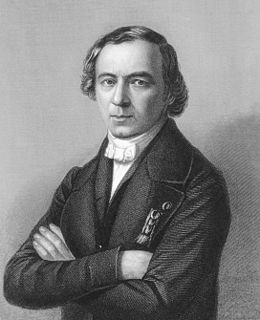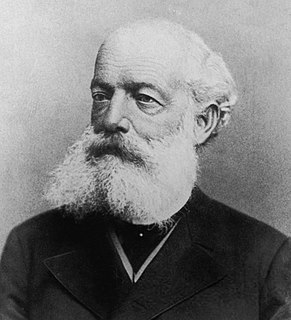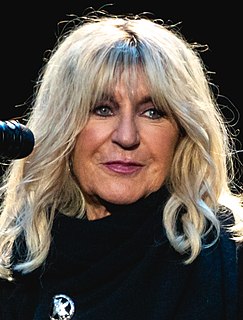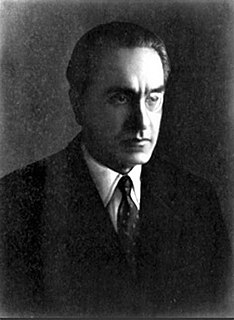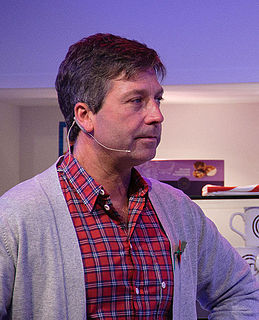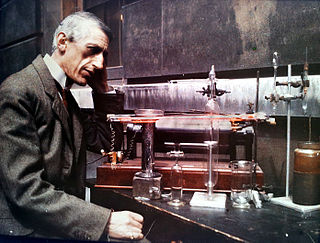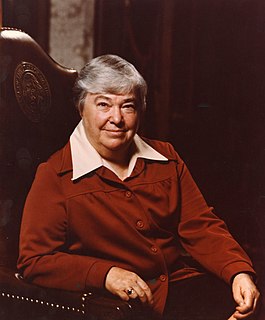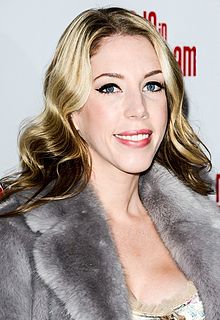A Quote by Mary Cain
I'm still the weirdo who enjoys taking organic chemistry.
Related Quotes
A state is organic when it has a center, and this center is an idea that shapes the various domains of life in an efficacious way; it is organic when it ignores the division and the autonomization of the particular and when, by virtue of the system of hierarchical participation, every part within its relative autonomy performs its own function and enjoys an intimate connection with the whole.
Without an acquaintance with chemistry, the statesman must remain a stranger to the true vital interests of the state, to the means of its organic development and improvement; ... The highest economic or material interests of a country, the increased and more profitable production of food for man and animals, ... are most closely linked with the advancement and diffusion of the natural sciences, especially of chemistry.
I never use organic vegetables. Why would you want to? The idea of taking a courgette grown in a third-world country in an organic field, packed into a polystyrene box, flown across the oceans, washed in chlorinated water, packed into a foam box, driven halfway across the country, wrapped in plastic and stamped 'organic,' what's the point?


